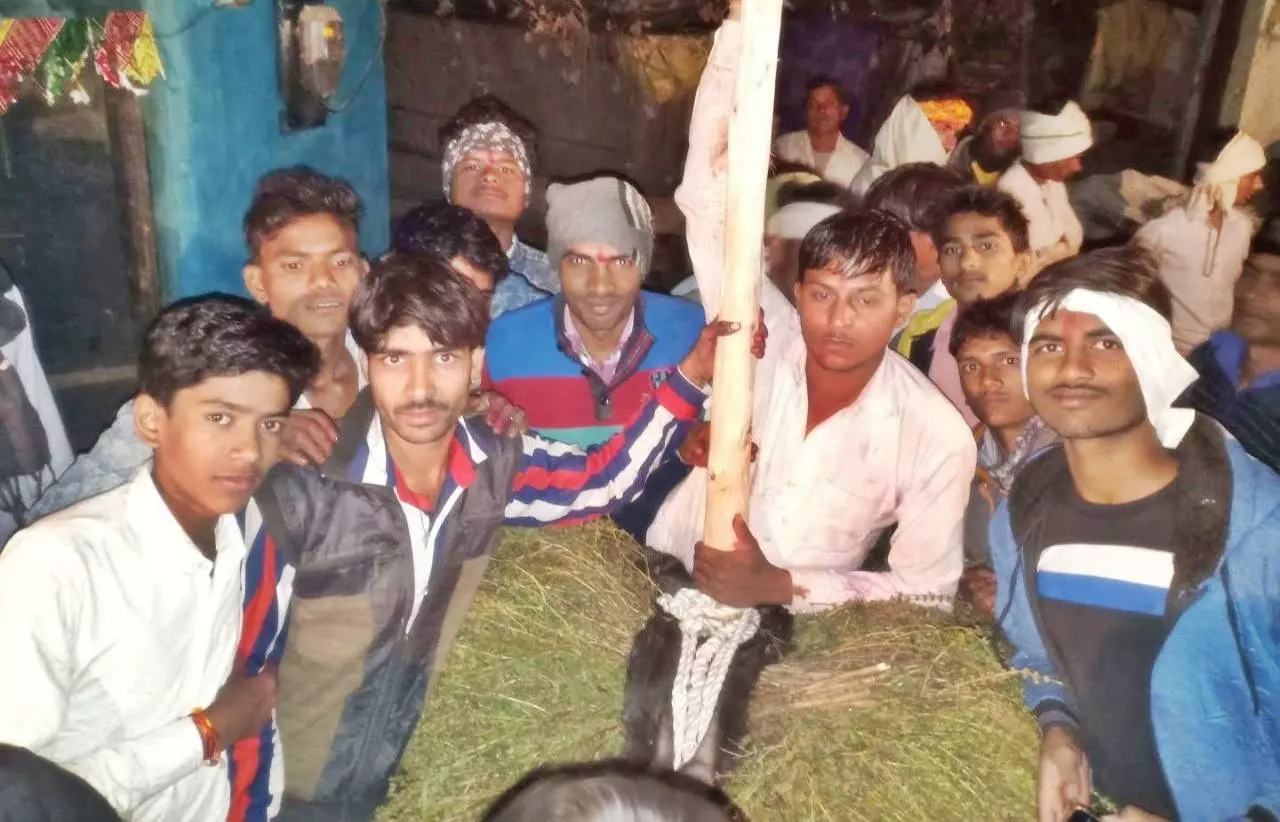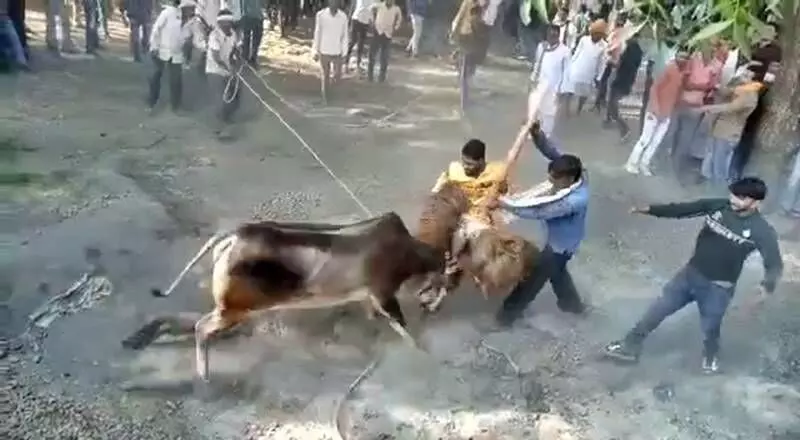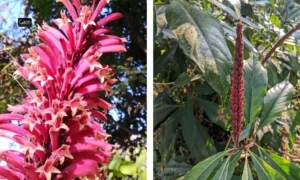Sultaniya (Rajgarh), Madhya Pradesh
In large parts of the country, a day after Diwali is celebrated as Govardhan Puja and people pray to Lord Krishna who is supposed to have saved the residents of Mathura in Uttar Pradesh by lifting a mountain named ‘Govardhan’.
But, in a small village in Madhya Pradesh in central India, the residents of Sultaniya village in Rajgarh district wake up to a festival that celebrates and honours cows in the most unique manner.
‘Gau Kreeda’ or ‘Chhoda Utsav’ as it is called is a ceremonial tribute to cattle, but it involves a ritual where the cows are baited with a piece of leather tied to a babool stick wrapped with a tulsi plant. The cattle are then incited to tear that shred of leather.
The festival is reminiscent of the bullfighting in far away Spain or perhaps the Jallikattu of Tamil Nadu, which from time to time has invited the ire of animal rights activists.
Also Read: Baghelkhand’s unique tradition of Mount Govardhan and Janjuiya Devi Puja

The rural households generally prepare sweets, and vegetable curries to eat with pooris on this day.
Only men participate in the gau kreeda, while the women and children stand safely at a distance and enjoy the spectacle.
Explaining the ritual behind the festival, Ram Narayan, a 70-year-old resident of Sultaniya village, told Gaon Connection, “The aim is to get the cow to tear the piece of leather with its horns. There is a lot of enthusiasm about this festival in our village.”
He acknowledged that there have been casualties at the festival, and both the animals and the participants in the ritual have been injured, or even died. But people who bait the cows are highly skilled and all precautions are taken to ensure no one is injured, Narayan assured.
Also Read: This Diwali, try some traditional recipes, invite people home!
The event is believed to be a sport of the gods, said Jagdeesh Dhaakad, a youth from the village. It is believed that a god named Devnarayan played this sport for the first time and ever since the practice is supposed to be the sport of the gods.
Chhoda Utsav is a part of Sultaniya village’s tradition and culture as the village is mostly inhabited by cattle herders. Bhainsvamata or the goddess of cattle is a deity to reckon with for the Sultaniya villagers, and there is a temple dedicated to her about 15 kilometres away from the village.
Rituals of the festival
A day after Diwali, on Chhoda Utsav, the festivities begin with a ceremonial worship of the cows in the morning which are then fed pooris (fried bread) with jaggery before the gau kreeda (cattle sport), said Sunil Nagar, another villager.
“Temples are visited before the event and then the excitement begins. The cow which successfully tears the leather is honoured and its owner is given a prize,” 20-year-old Nagar told Gaon Connection.
“The festival is but a test of how strong the cows are and it is to acknowledge their contribution to our well being and wealth,” he added.

The festival is reminiscent of the bullfighting in far away Spain or perhaps the Jallikattu of Tamil Nadu.
Such is the craze for this local festival that people often buy cattle so that they can participate in the festivities with their own cow.
The tulsi that is wrapped around the stick and used in the main festivities grows wild in the village and is intensely fragrant, said Sunil Nagar, a teacher at a private school in the village.
“At the break of dawn, children go around the village collecting the wild tulsi that is then used at the kreeda,” he told Gaon Connection. The festivities commence only after the tulsi is brought to the arena and wrapped around the stick.
Also Read: Uttar Pradesh’s Unnao has a unique tradition of celebrating Dussehra 6 days late. Here’s why
“Villagers keep fallen tulsi leaves in their homes as they consider it auspicious and a good omen. They believe it will protect them against an evil eye,” the teacher explained.
Babulal Nagar, another villager told Gaon Connection that the festival is akin to Holi and Diwali in the cities.
“People forgive and forget their friends and relatives during the festival and the entire village spends the day in leisure,” he said.
The rural households generally prepare sweets, and vegetable curries to eat with pooris on this day.
















